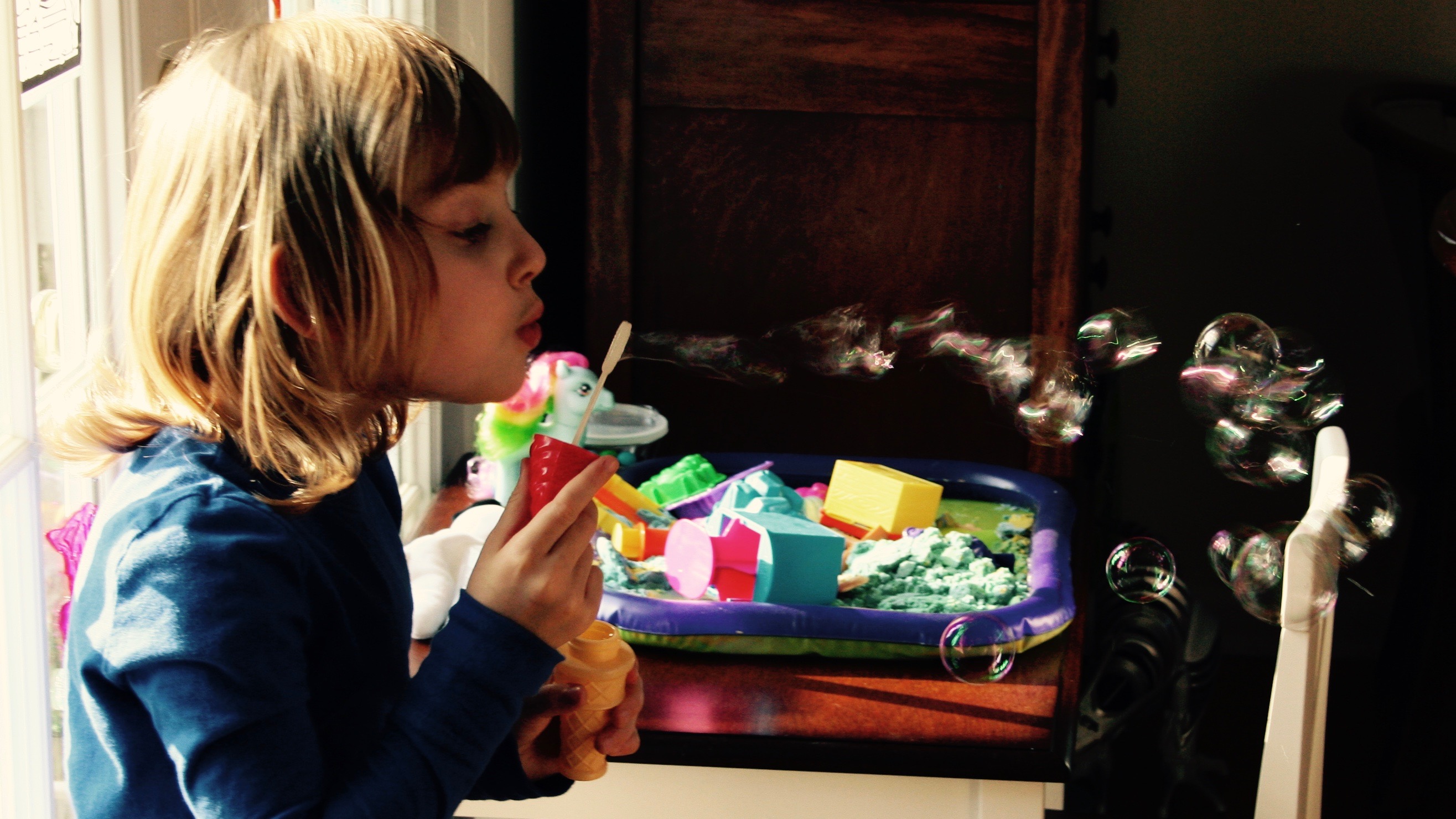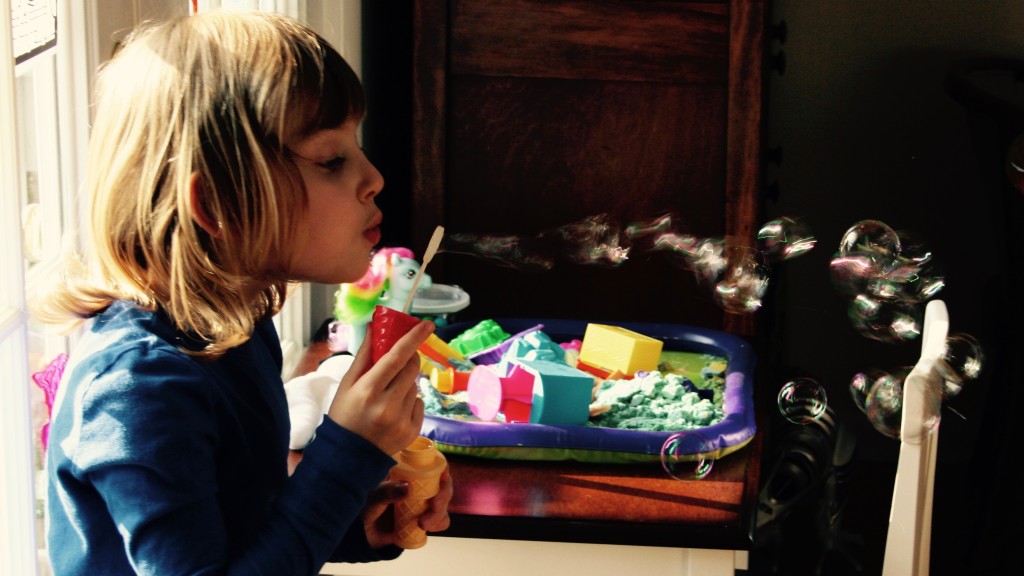Second Sunday of Easter | John 20:19-31
Holding On
“If you forgive the sins of any, they are forgiven them; if you retain the sins of any, they are retained.” People love to argue over this passage. Hold on, though, and don’t turn away just yet — past all the arguments, there may be something useful here, something practical.
It’s no surprise that Christians have argued over this Jesus saying. Christians argue over so many other passages, so many other notions, so many other lines in the sand. The world around us, and sometimes the world within us, is full of lines, walls, cracks, divides, most of them no more real or substantial than the edge of a cloud. People push other people away, or draw them closer, all for their relative positions, their ideas, their sexuality, their color, their religion or absence of one, their poverty or wealth, their education or ignorance.
None of it is particularly useful.
Oh, there are all sorts of theological arguments and ideas, if you are inclined to that sort of thing. Much of it comes down to who has power and authority over whom, which seems to miss the point. For instance, was the power of forgiveness or the power to withhold it given only to the twelve (or the eleven who were left after Judas) and so by implication limited to their spiritual descendants, the ordained priests who claim to trace their line unbroken through the patchy bits of history to the select few who received the Spirit of God from Christ himself? Or is this forgiveness (or lack of it) tied solely to baptism, somehow limited to entrance into the Church? Or is Jesus talking about sins committed prior to baptism or those that follow it? And what sort of sin is he talking about, and just what constitutes a sin anyway…?
 You see why I say none of it is useful. Nothing in those arguments will get us through a dark night of the soul. There is nothing that would even brighten a cloudy afternoon. It is like giving a thirsty child a cup of honey — it’s very nice, but it won’t help.
You see why I say none of it is useful. Nothing in those arguments will get us through a dark night of the soul. There is nothing that would even brighten a cloudy afternoon. It is like giving a thirsty child a cup of honey — it’s very nice, but it won’t help.
Wait it a moment, though. How about this idea of retaining and forgiving, holding and releasing? There might be something useful in there.
How about the burdens we carry? You know, the ones we hold onto. And how about sin, however we understand it (it’s a bit like the famous definition of pornography — we know it when we see it), our own and that of others? We don’t really need to define sin to know it. Or experience it. Or regret it. Or do it, whether it is against God, or against other people, or against ourselves.
Burdens. Sins. Short fallings. Disappointments. Mistakes. Regrets. Injuries. Loss. I don’t know yours, and anyway yours are probably different than mine. We all have them, all of these things, in different measures and degrees and times, but we all have them.
This gospel claims that God empowers people to hold onto these burdens or to lay them down. More than that, it claims that this Spirit of God empowers people to help someone else do the same thing — to let go, to lay down a burden, or perhaps the opposite, to hold onto something precious, to carry a responsibility, to keep a shoulder to the wheel.
After all, the things we carry are not always burdens, and laying something down is not always freedom.
And who gets such power to hold or to release, to forgive or to be forgiven? Well, in this gospel, Jesus was talking to everyone who was there. He breathed the Spirit of God onto everyone present. There is no list of names, no picking this one but not that one. They are just called οἱ μαθηταὶ (mathetai, from the same word that gives us “mathematics”, or ‘that which is learned’.) These are the disciples, all who were there, without limitation.†
Jesus breathed onto his followers so that they might breathe in the Spirit of God. It is the image and symbol of God breathing life into the world all over again — a creation story, a new beginning. It’s a love story. It’s the miracle of forgiveness and of healing, the Easter story of God-whom-we-killed returning to fill us with the life that imbues all creation.
It is the power of letting go of what needs to be let go. It is the power of holding on to what needs to be kept and carried. And it is for everyone, the very breath of God.
† From this same Gospel, compare John 8:31-32: Then Jesus said to the Jews who had believed in him, “If you continue in my word, you are truly my disciples; and you will know the truth, and the truth will make you free.”





